AS KNOWLEDGE RECIPIENT (DEMAND)
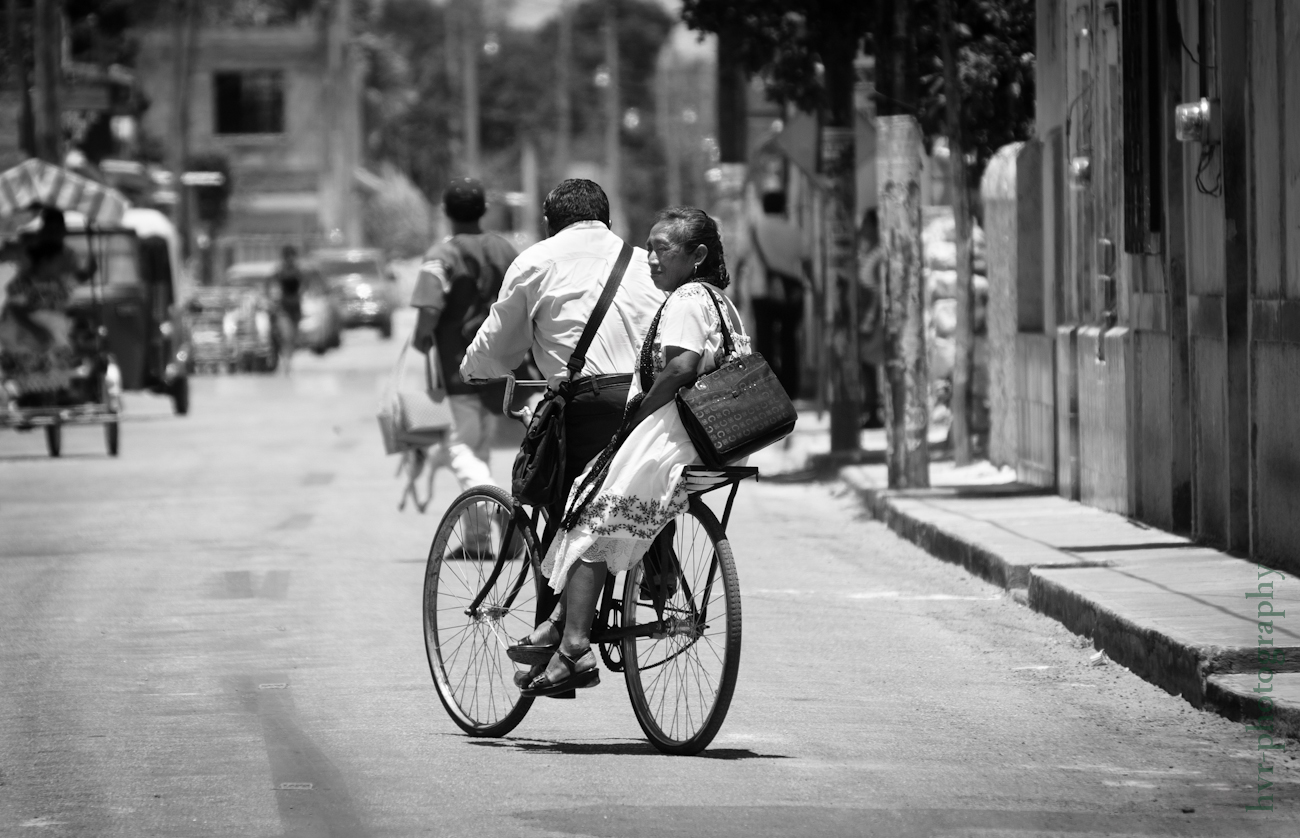
LAP / Latino América Pedalea (Latin America Cycles) A community of practice to support pro-cycling awareness, delivery capacity, and governance through intersectoral cooperation
As Latin American cities continue to evolve in their efforts to encourage more people to cycle through improved planning and design, authorities face challenges like weak stakeholder engagement that hinder their ability to implement cycling infrastructure.
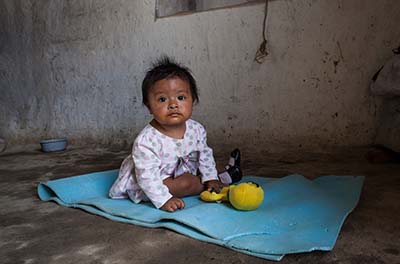
Lessons Spread to Combat Malnutrition in Central America
Chronic malnutrition, or stunting, is a serious problem in Central America. Stunting rates in El Salvador, Guatemala, Honduras, Nicaragua, and Panama are greater than 20 percent and the cost of malnutrition in these countries is estimated to range from 2.3 to 11.4 percent of GDP.1 A growing number of studies show that community-based growth
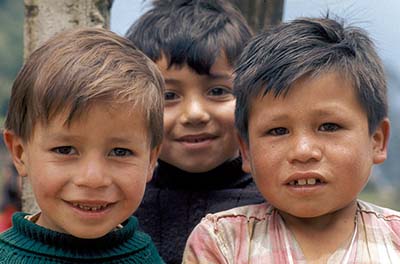
Improved Early Childhood Care and Development Action Plans in La Paz and El Alto, Bolivia
Bolivia’s National Development Plan and Country Partnership Strategy identify the improvement of basic social services as one of the four development pillars for sustained economic growth. New Education and Popular Participation laws call for education services that consider the nation’s rich cultural diversity.
Providing country: Colombia
Receiving country: Bolivia
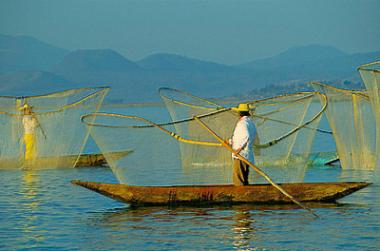
South-South Exchange on Population and Agricultural Censuses in Bolivia
Bolivia recognized during the preparation and implementation of the National Population and Housing Census (NPHC) and the National Agricultural Census (NAC), that there was a need to strengthen its statistical and information systems for monitoring and accountability.
Receiving country: Bolivia
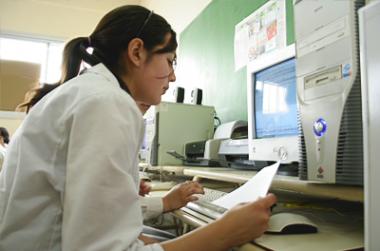
Strengthening Bolivia’s National Science, Technology, and Innovation System with Learning from Argentina and Uruguay
To increase its limited knowledge, skills, and implementation know-how with regards to science, technology, and innovation (STI) systems, the Government of Bolivia engaged in an exchange with the more experienced Argentina and Uruguay.
Receiving country: Bolivia
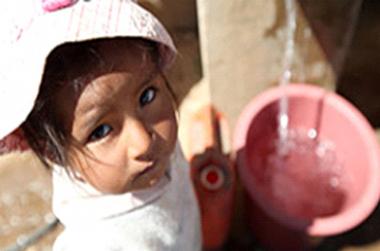
Implementing Multidimensional Measures of Well-being in Bolivia: Learning from Bhutan, Ecuador, and Mexico
The Exchange gathered experts from Bhutan, Ecuador, and Mexico to share knowledge with Bolivian government officials on “measuring” the concept of buen vivir (literally, living well) across monetary and nonmonetary dimensions of social development.
Receiving country: Bolivia

Strengthening Management of State-Owned Enterprises in Bolivia
What was the objective of the South-South exchange? : The Bolivian Government sought to improve the management and regulation of state-owned enterprises (SOE), which provide services in key sectors such as energy, transport, and communication. Bolivian officials approved in 2013 a Public Corporation Law establishing a legal framework for state-
Receiving country: Bolivia
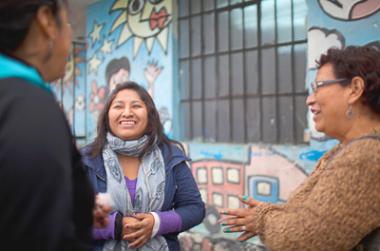
Integrating Geo-referenced Information Systems in Bolivia’s National Planning
Obsolete and separated information systems have afflicted planning and public investment in Bolivia.
Receiving country: Bolivia
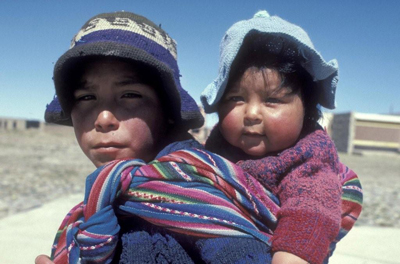
Improving Programs to Tackle Extreme Poverty in Bolivia
Poverty and inequality are harsh realities in Bolivia. In spite of targeted social programs, 59 percent of the indigenous and 62 percent of rural populations still live in extreme poverty.1 Looking to improve social programming for these groups, a special unit in Bolivia’s Ministry of Planning—Unidad de Análisis de Políticas Sociales y Económicas
Receiving country: Bolivia

 China
China Colombia
Colombia Denmark
Denmark India
India Indonesia
Indonesia Mexico
Mexico Russian Federation
Russian Federation Spain
Spain United Kingdom
United Kingdom